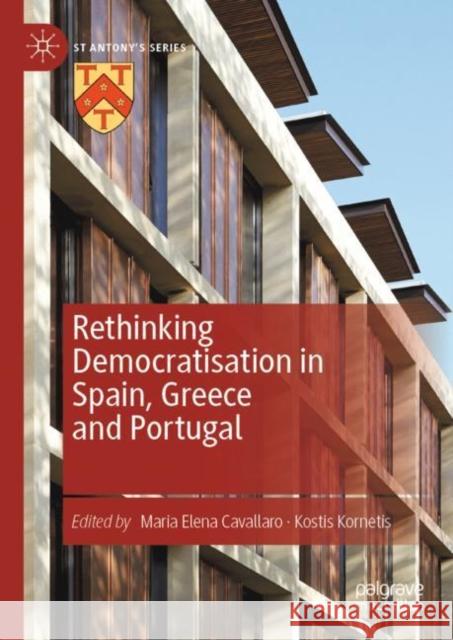Rethinking Democratisation in Spain, Greece and Portugal » książka
topmenu
Rethinking Democratisation in Spain, Greece and Portugal
ISBN-13: 9783030111076 / Angielski / Twarda / 2019 / 266 str.
Kategorie BISAC:
Wydawca:
Palgrave MacMillan
Seria wydawnicza:
Język:
Angielski
ISBN-13:
9783030111076
Rok wydania:
2019
Wydanie:
2019
Ilość stron:
266
Waga:
0.61 kg
Wymiary:
15.8 x 21.9 x 2.9
Oprawa:
Twarda
Wolumenów:
01
Dodatkowe informacje:
Wydanie ilustrowane











